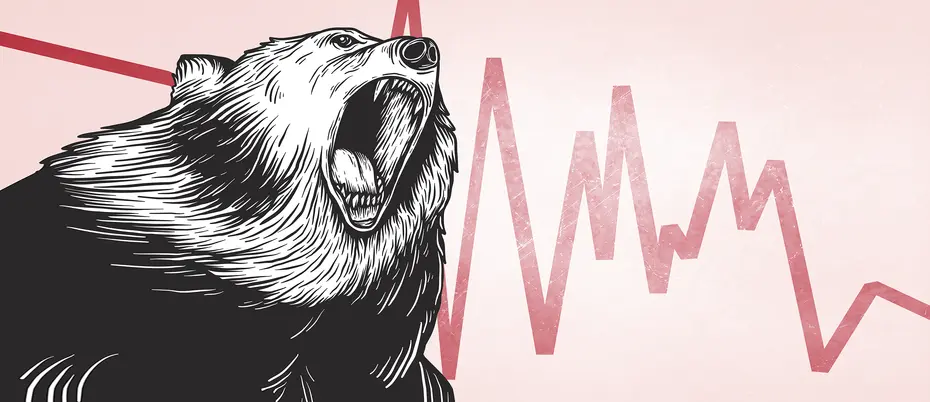Innovation
Radical innovation needs a ‘hot market.’ So now what?
Truly innovative proposals are more likely to get funded in a hot market, but there are ways to adjust when the market cools.
When it comes to predicting the behavior of the stock market in 2019, experts are in lockstep agreement: Nobody knows what’s going to happen.
Even so, Matthew Rhodes-Kropf, visiting associate professor at MIT Sloan, does have some insight to offer innovators, entrepreneurs, and would-be startup moguls as the nation heads into what could be an unpredictable year on Wall Street.
Rhodes-Kropf and Harvard Business School’s Ramana Nanda studied firms that received early-stage venture capital funding between 1985 and 2004. They found that during more active investment periods, startups were significantly more likely to go bankrupt than those firms funded in quieter markets — but not necessarily for the reasons you might think.
“Everybody says, ‘Ah. We know what happened’ — the hurdles to investing get lower, and fools rush in and invest in a bunch of stuff that really shouldn't have been invested in,” said Rhodes-Kropf. While that may be true in part, the broader story is more nuanced — and has to do with the amount of risk investors are willing to take on.
“In hot times, everything that would have been funded before gets funded — plus new, more radical things get money as well,” Rhodes-Kropf explained. Those riskier projects were indeed more likely to fail, the research showed. But if they survived, they were more successful — they were valued higher at their initial public offering or acquisition, they held more patents, and those patents were more frequently cited.
“Startups were both more likely to fail completely and more likely to be extremely successful and innovative,” the pair write in their paper, “Investment cycles and startup innovation.”
What’s more, countering the “fools rush in” theory, Rhodes-Kropf and Nanda found that more experienced venture capital investors were more likely to systematically take on riskier projects in an up market.
Cool reception for radical ideas
All that may be good news for highly innovative projects in the current bull market, but what happens if (and some say it’s only a matter of when) that market starts to cool?
“If we are going into a lower part of the cycle, the more radical ideas are going to have a tougher time getting financed and getting refinanced as investors tighten up what they're interested in,” said Rhodes-Kropf, who is also a managing partner at investment firm Tectonic Ventures.
To countervail that trend, startups should do three things, he counseled: “Raise more money, raise it sooner, and be more careful about how fast you spend it.” That way, if the market turns, a startup won’t have to go back too soon to ask for more funding or find themselves having to justify a project that hasn’t had time to turn a profit.
While Rhodes-Kropf advised startups to spend more of their time in a down market working to tell their story to investors — “When it’s harder to get financing, you better be spending more time with your investors, more time telling your story” — he doesn’t recommend scaling back a project to make it a safer bet in the eyes of a risk-averse investment community.
“While you’re busy pussyfooting around trying to be conservative,” he said, “somebody else will come along and do that really radical thing.”




